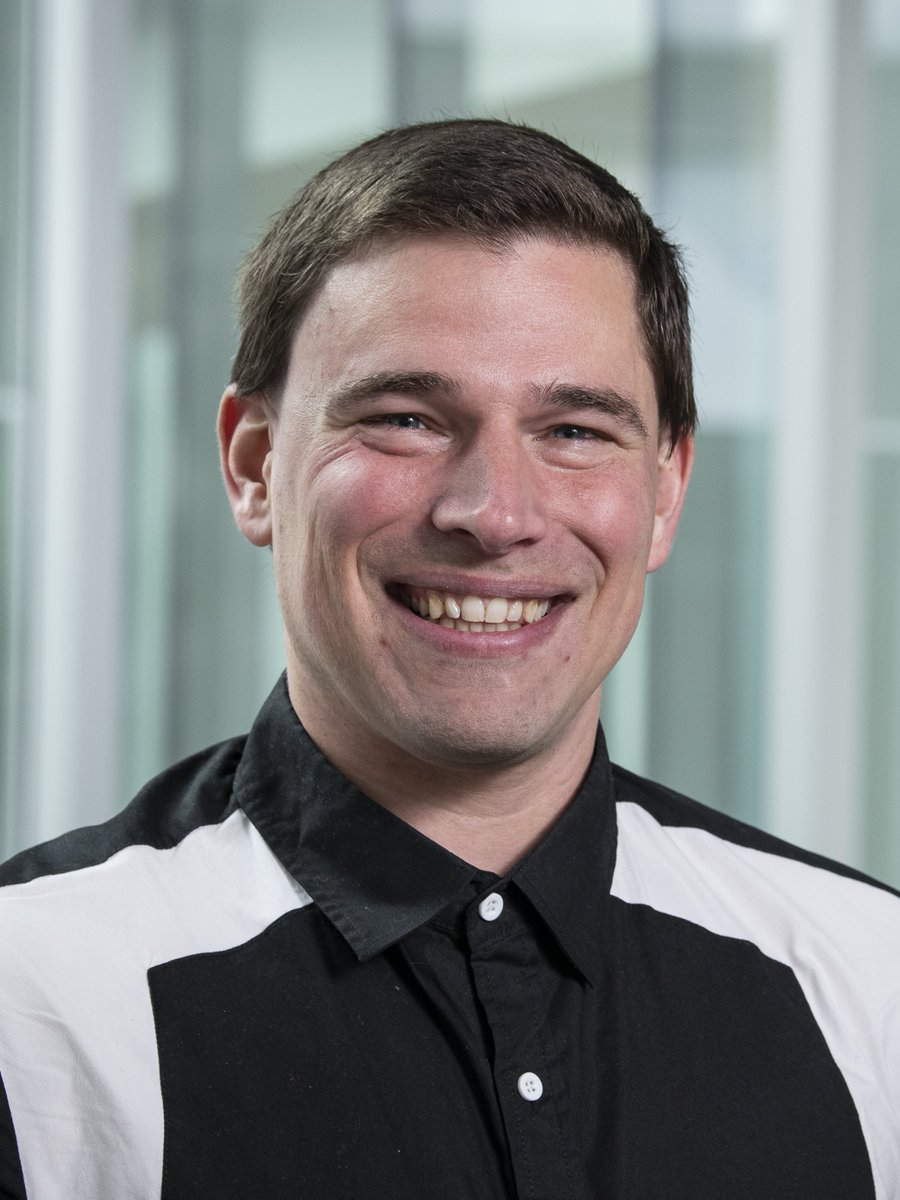Call for Papers
Original research contributions are solicited related to diverse algorithmic
aspects of sensor networks, wireless networks as well as distributed robotics,
including the theoretical, experimental and application perspectives.
Topics
Topics of interest include, but are not limited to:
- Ad Hoc Networks
- Algorithms
- Autonomous Mobile Robots
- Communication Protocols
- Complexity and Computability
- Computational Models
- Cryptography, Security and Trust
- Cyber Physical Systems
- Data Aggregation and Fusion
- Deployment
- Dynamic Networks, Temporal Graphs
- Energy Management
- Experimental Analysis
- Fault Tolerance and Dependability
- Game Theoretic Aspects
- Infrastructure Discovery
- Internet of Things
- Localization
- Medium Access Control
- Mobility and Dynamics
- Obstacle Avoidance
- Pattern Formation
- Performance Evaluation
- Population Protocols
- Power Saving Schemes
- Resource Efficiency
- RFID Algorithms
- Routing and Data Propagation
- Self-stabilization, Self-* Properties
- Sensor Networks
- Swarm Computing
- Systems and Testbeds
- Time Synchronization
- Topology Control
- Tracking
- Virtual Infrastructures
- Wireless Networks
COMMITTEES
Chairs
Steering
Committee
- Josep Díaz, Universitat Politècnica
de
Catalunya, Barcelona, Spain
- Magnús M. Halldórsson,
Reykjavik
University, Iceland
- Bhaskar Krishnamachari, University
of Southern
California, Los Angeles, USA
- Panganamala R. Kumar,
Texas A&M University, USA
- Sotiris Nikoletseas, University of
Patras and
CTI, Greece (Chair)
- José Rolim, University of
Geneva,
Switzerland
- Paul Spirakis, University of
Liverpool, UK
and University of Patras, Greece
- Adam Wolisz,
Technical
University of Berlin, Germany
PROGRAM COMMITTEE
- Eleni
C. Akrida, Durham University, UK
- Petra
Berenbrink, University of Hamburg, Germany
- Christelle
Caillouet, University of Côte d'Azur, Nice, France
- Arnaud Casteigts, University
of Bordeaux, France
- Dibyayan
Chakraborty, Indian Institute of Science, Bengaluru, India
- Marek Chrobak, University of
California Riverside, USA
- Giuseppe Antonio Di Luna,
Sapienza University, Rome, Italy
- Romaric
Duvignau, Chalmers University of Technology, Gothenburg, Sweden
- Thomas Erlebach, University
of Leicester, UK
- Sándor Fekete, TU
Braunschweig, Germany
- Florent Foucaud, Clermont
Auvergne University, France
- Pierre Fraigniaud, CNRS
and University Paris Diderot, France
- Luisa Gargano, University of
Salerno, Italy
- Sun-Yuan
Hsieh, National Cheng Kung University, Tainan, Taiwan
- Ling-Ju
Hung, National Taipei University of Business, Taipei, Taiwan
- Irina
Kostitsyna, Eindhoven University of Technology, Netherlands
- Dariusz
R. Kowalski, Augusta University, USA
- Kitty Meeks, University of
Glasgow, UK
- Nathalie Mitton, Inria
Lille-Nord Europe, France
- Tobias
Mömke, Augsburg University, Germany
- Oscar Morales-Ponce, California
State University, Long Beach, USA
- Rolf
Niedermeier, Technical University of Berlin, Germany
- Aris Pagourtzis, National
Technical University of Athens, Greece
- Peter Rossmanith, RWTH
Aachen University, Germany
- Olga Saukh, Graz University of
Technology and CSH Vienna, Austria
- Grzegorz
Stachowiak, University of Wrocław, Poland
- Walter Unger, RWTH Aachen
University, Germany
- Yukiko
Yamauchi, Kyushu University, Fukuoka, Japan
Proceedings
The conference proceedings will be published in the Springer "Lecture Notes
in Computer Science" series (publication expected October 2021).
SPECIAL ISSUE
Selected papers will be invited to a special issue of the journal
"Theoretical Computer Science", devoted to ALGOSENSORS 2021.
AWARDS
Awards will be given to the best paper and the best student paper. To be
eligible for the best student paper award, at least one of the paper authors
must be a full-time student at the time of submission, and the student(s)
must have made a significant contribution to the paper. The program committee
may decline to make these awards or may split them.
Paper Submission
Papers are to be submitted electronically using the EasyChair server at
https://easychair.org/conferences/?conf=algosensors2021.
The submissions must contain original
results that have not already been published and are not concurrently submitted to a journal or
conference with published proceedings. By submitting a paper, the authors acknowledge that in case
of acceptance at least one of the authors will register for ALGO/ALGOSENSORS 2021 and present the
paper.
Submissions must be in the form of a single pdf file prepared using the LNCS latex templates and
style files (available, together with Springer's authors' guidelines, from
https://www.springer.com/gp/computer-science/lncs/conference-proceedings-guidelines).
Springer's
proceedings LaTeX templates are also available on Overleaf
(https://www.overleaf.com/latex/templates/springer-lecture-notes-in-computer-science/kzwwpvhwnvfj#.WsdHOy5uZpg).
Each submission should consist of the main part of the paper, not exceeding 12 pages (including the
title page and excluding the references), plus an optional clearly marked appendix (to be read at
the discretion of the program committee). Any figure pertaining to the main part of the paper should
be included therein (within the 12 page limit). The first page must include an indication of whether
the paper is eligible for the best student paper award.
